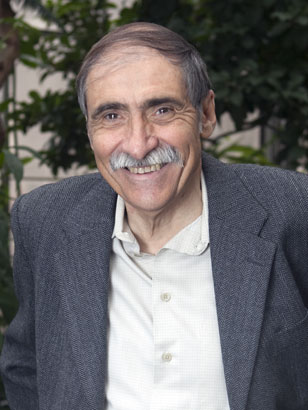
The distinguished biologist Rudolf A. "Rudy" Raff died on January 5, 2019, at the age of 77, according to The Scientist (January 9, 2019). Raff was a pioneering figure in the field of evolutionary developmental biology — "evo-devo" — which seeks to integrate evolutionary biology and developmental biology. As Raff himself explained in "Evo-Devo: The Evolution of a New Discipline" (2000), "evolutionary change occurs not by the direct transformation of adult ancestors into adult descendants but rather when developmental processes produce the features of each generation in an evolving lineage. Therefore, evolution cannot be understood without understanding the evolution of development, and how the process of development itself biases or constrains evolution."
A long-time member of NCSE, Raff was concerned about the public understanding of evolution. In the preface to his memoir, Once We All Had Gills: Growing Up Evolutionist in an Evolving World (2012), he wrote, "Evolution is what I study, and it touches all that is alive. It is the science of origins and transformations in the history of life. ... The evolution of life has produced us, and all living things. It is hard to imagine a more compelling subject, yet evolution is also endlessly contentious. In America evolution has become an enemy useful to help organize a religious culture war waged against rational thought, and even against the concept of a secular country tolerant of all religious views — the foundational notion of the separation of church and state. That conflict is also part of the history of evolution. Its outcome may be decisive in whether our species will successfully cope on a changing planet. Evolution can't be ignored." The final three chapters of the book are devoted to the contentious history of evolution education in the United States.
Raff was born in Shawinigan, Quebec, Canada, on November 10, 1941. He earned his B.S. from Pennsylvania State University in 1963 and his Ph.D., in biochemistry, from Duke University in 1967. After post-doctoral appointments at the National Naval Medical Center and MIT, he joined Indiana University in 1971, retiring in 2018. In addition to Once We All Had Gills, his books included Embryos, Genes, and Evolution (coauthored with Thomas C. Kaufman; 1983) and The Shape of Life: Genes, Development, and the Evolution of Animal Form (1996). He also founded the journal Evolution & Development. His honors included the A. O. Kovalevsky Medal from the St. Petersburg Society of Naturalists and the Sewall Wright Award from the American Society of Naturalists.
